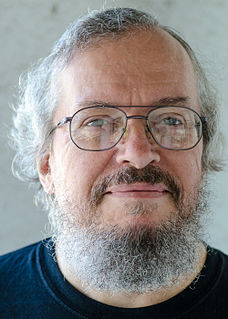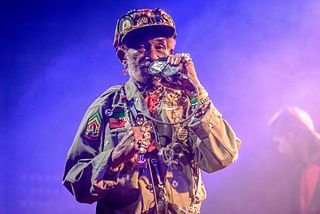A Quote by David Grinspoon
Ever since the environmental movement was sparked by photos of the whole Earth taken by astronauts onboard Apollo Lunar Modules, I've seen planetary exploration as an extension of a reverence and care for Earth.
Related Quotes
The view of earth is spectacular from space. Most people imagine that when astronauts look out the window of the shuttle they see the whole earth like that big blue marble that was made famous by the flights that went to the moon. But the shuttle is much, much closer than those astronauts were. So we don't see the whole planet, the whole ball at once, we just see parts of it.
We are the intelligent elite among animal life on earth and whatever our mistakes, [Earth] needs us. This may seem an odd statement after all that I have said about the way 20th century humans became almost a planetary disease organism. But it has taken [Earth] 2.5 billion years to evolve an animal that can think and communicate its thoughts. If we become extinct she has little chance of evolving another.
The Earth is the Lord. Everybody walks on the earth. And nobody respects the Earth. Everybody who walks on the earth, shits on the Earth. Spits on the Earth. Don't respect the Earth. So the Earth didn't like it. So the Earth call for a revolution. And the earth is fighting back. The Earth call for a revolution. The Earth call for justice. And the Earth get justice. 'Cause the Earth release ganja. The Earth release herbs.

































